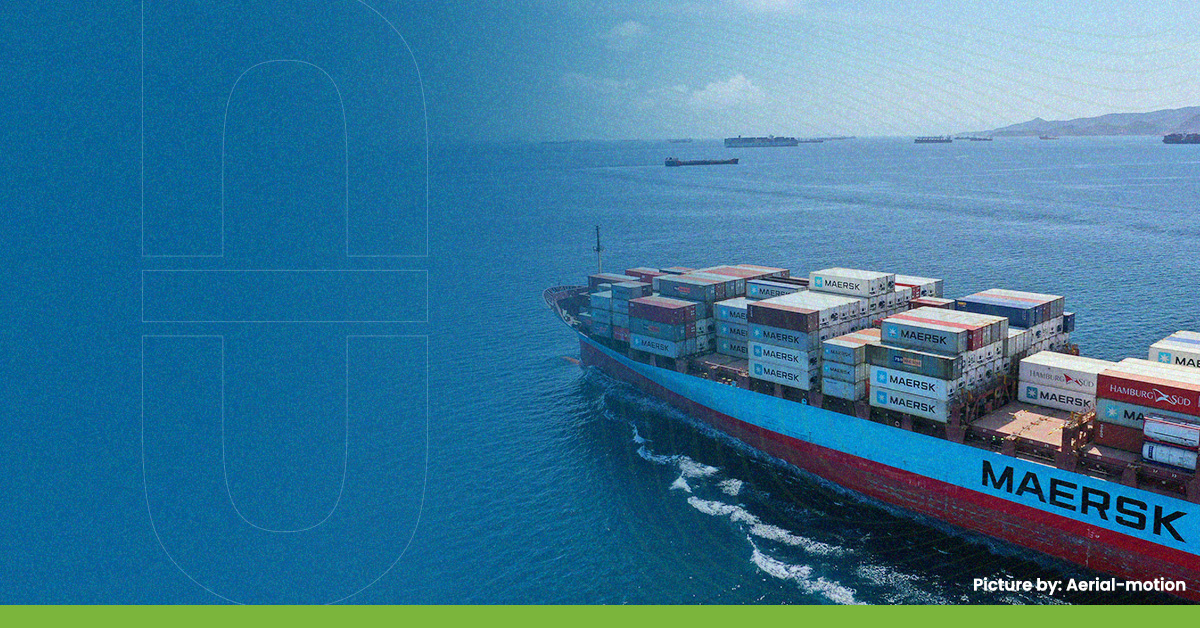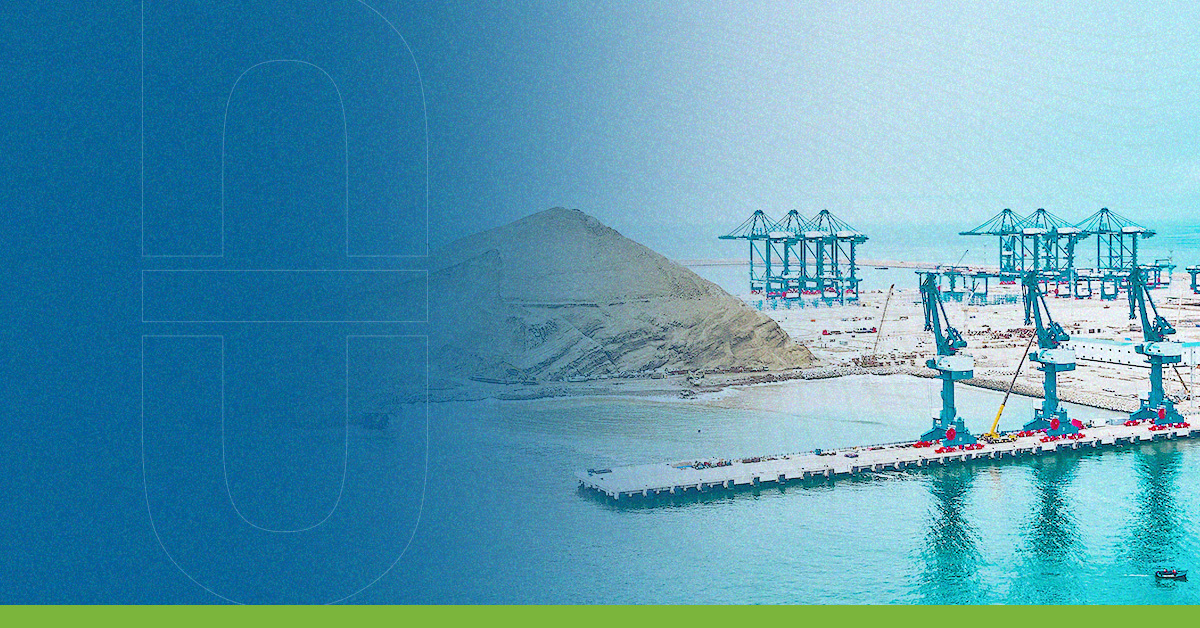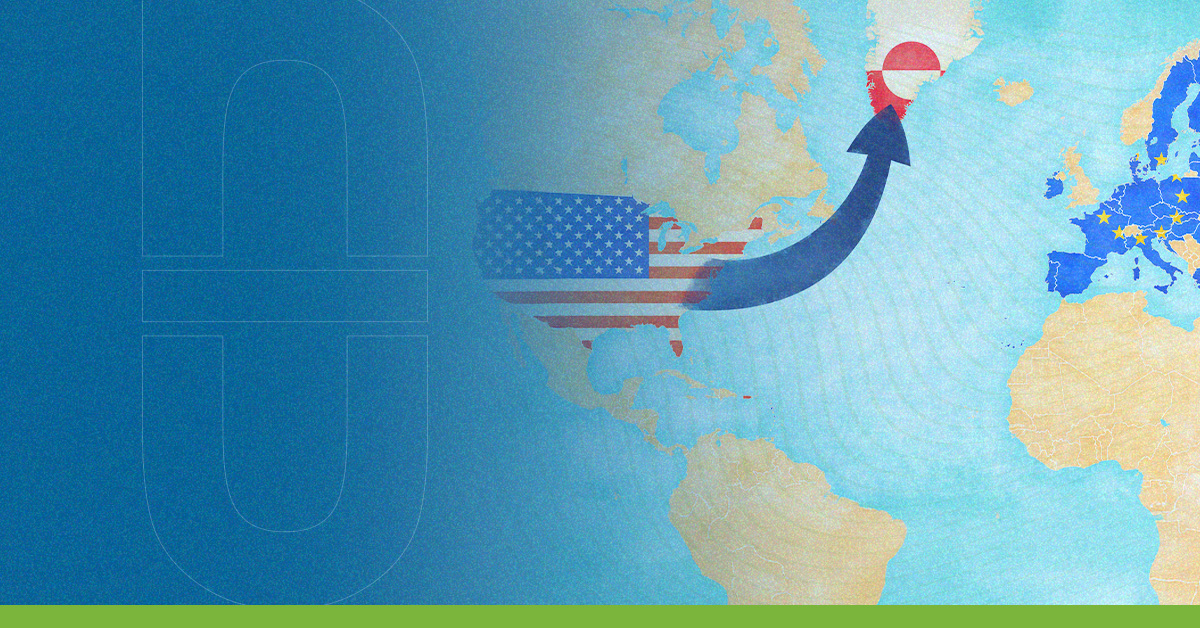Port congestion in Europe has reached alarming levels at key ports such as Bremerhaven, Rotterdam, and Antwerp-Bruges. In addition to ongoing logistical delays, new disruptions caused by social protests have paralyzed operations, further affecting international trade.
What is causing port congestion in Europe?
Port congestion in Europe is the result of a combination of factors:
- Labor strikes: In Antwerp-Bruges, strikes have led to a buildup of ships waiting to dock.
- Limited infrastructure: Collapses and rail closures near Hanover have complicated land access to Bremerhaven and Hamburg.
- Restricted inland water transport: Low levels of the Rhine have reduced barge usage, affecting ports like Rotterdam.
- Shipping route reorganizations: New alliances have redirected flows to already saturated terminals.
- Seasonal cargo volumes: Increased goods movement due to back-to-school and end-of-year campaigns adds more pressure.
Protests worsen port congestion in Europe
This logistics crisis is being exacerbated by protests organized by activist movements opposing the policies of major shipping lines such as Maersk. In Rotterdam, around 30 activists from the Dutch group Geef Tegengas blocked the lobby of Maersk’s offices, demanding a halt to the transportation of weapons to Israel. This action was part of the international campaign “Mask Off Maersk.”
Protesters chained themselves to the gates of the building, disrupting activities and putting further pressure on a port system already overwhelmed by port congestion in Europe. Although the company claimed its operations comply with international standards, demonstrators insist that Maersk must take environmental and ethical responsibility.
A day earlier, Greta Thunberg led a protest at the offices of Maersk Tankers in Copenhagen, denouncing the company’s role in the climate crisis and the transport of military materials. These actions are expected to continue over several days in various European cities, increasing uncertainty across logistics routes.
Shipping lines like Maersk have extended their contingency plans through the end of May, rerouting services such as AE5 to less congested terminals. However, protests and a lack of backup infrastructure significantly limit the effectiveness of these measures.
Impact on Latin America
Port congestion in Europe has direct effects on Latin American exporters and importers:
- Longer transit times.
- Additional costs due to in-transit storage.
- The need for more precise planning and close collaboration with logistics operators.
Furthermore, the politicization of maritime transport and environmental protests are forcing companies to more carefully assess product traceability and the ethical standards of their logistics providers.
Sources
Jcanon. (2025, 21 may). Congestión portuaria en Europa: Una tormenta que amenaza las cadenas de suministro. MasContainer. https://mascontainer.com/congestion-portuaria-en-europa-una-tormenta-que-amenaza-las-cadenas-de-suministro/
Lepic, B., & Lepic, B. (2025, 13 may). Greta Thunberg-led activists storm Maersk Tankers Copenhagen office. Splash247. https://splash247.com/greta-thunberg-led-activists-storm-maersk-tankers-copenhagen-office/




